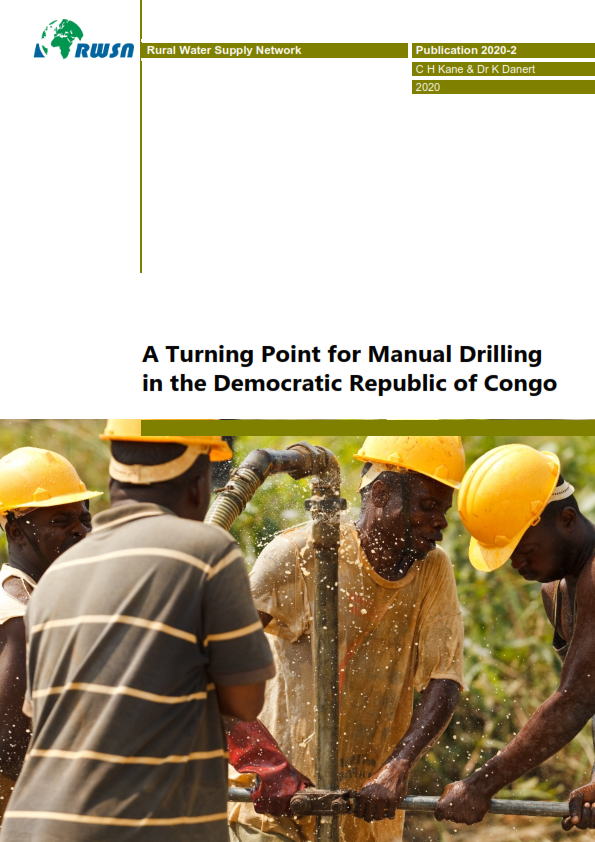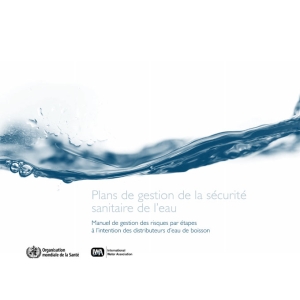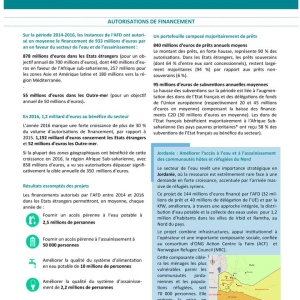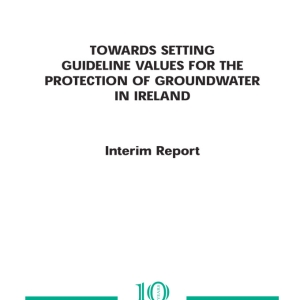Description
Download – A turning point for Manual Drilling in Democratic Republic of Congo
Titre: Un tournant pour le forage manuel en République Démocratique du Congo
Cette publication est une source d’inspiration pour un pays que l’on associe par ailleurs à une crise humanitaire, des conflits persistants, des guerres civiles récurrentes et une infrastructure routière généralement obsolète. Elle décrit plus d’une décennie d’efforts pionniers déployés par l’UNICEF, le gouvernement de la République démocratique du Congo et ses partenaires pour introduire et professionnaliser le forage manuel. Ce programme de professionnalisation est très important car on estime que seulement 43% de la population a accès à un service d’eau potable de base. De plus, la majorité du territoire de la RDC est favorable au forage manuel (42% sont classés comme ayant un potentiel très élevé ou élevé, et 24% comme modéré). La zone la plus favorable au forage manuel se trouve dans la partie occidentale du pays, qui présente une couche géologique tendre d’une étendue et d’une épaisseur considérables.
En dix ans, le forage manuel, utilisant la technique du rota-jetting, est passé d’une technologie peu connue en RDC à une technologie efficace qui a permis de desservir en eau environ 650 000 personnes. Au total, 1 806 forages ont été réalisés et installés avec des pompes manuelles dans les zones rurales et périurbaines entre 2010 et 2018, financés par le Programme national écoles et villages sains (PNEVA) du gouvernement.
Catégorie : Accès à l’eau potable et l’assainissement








